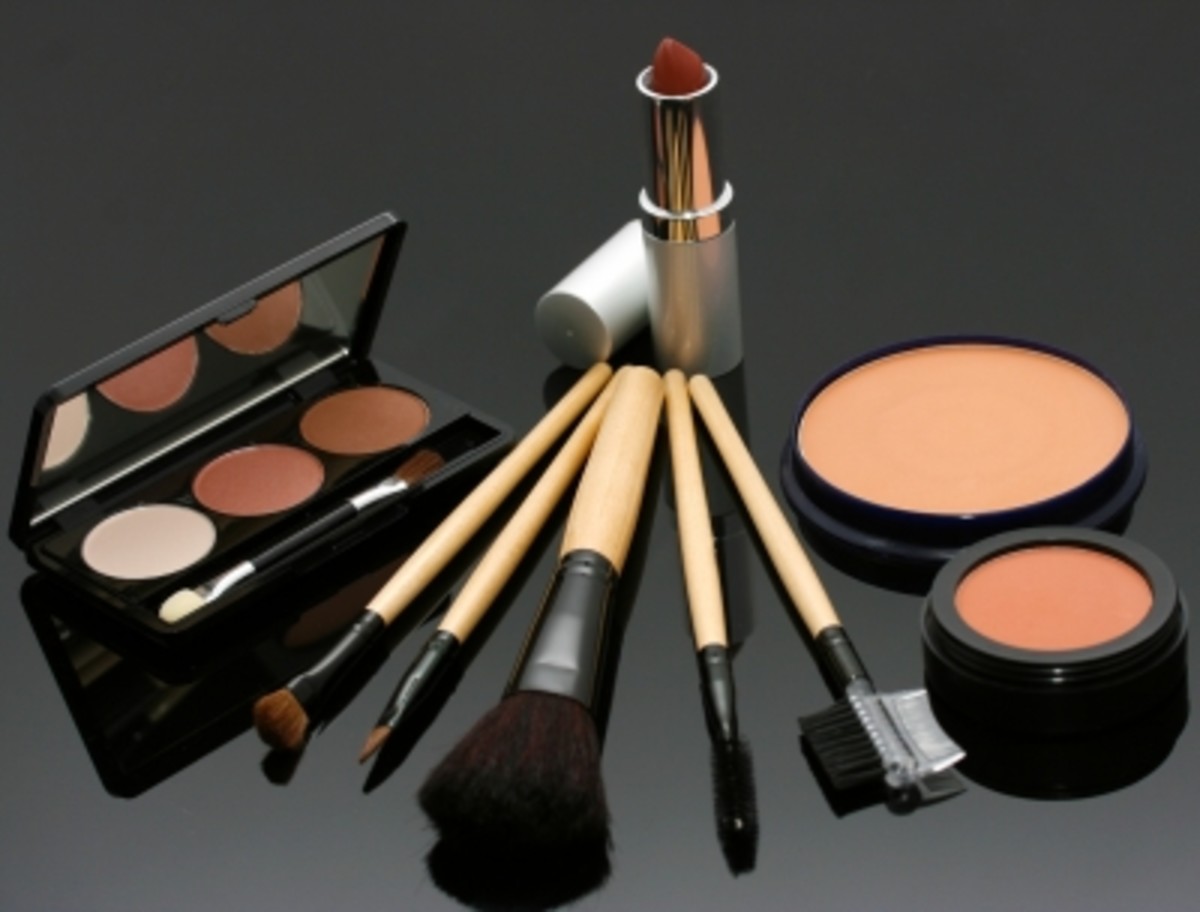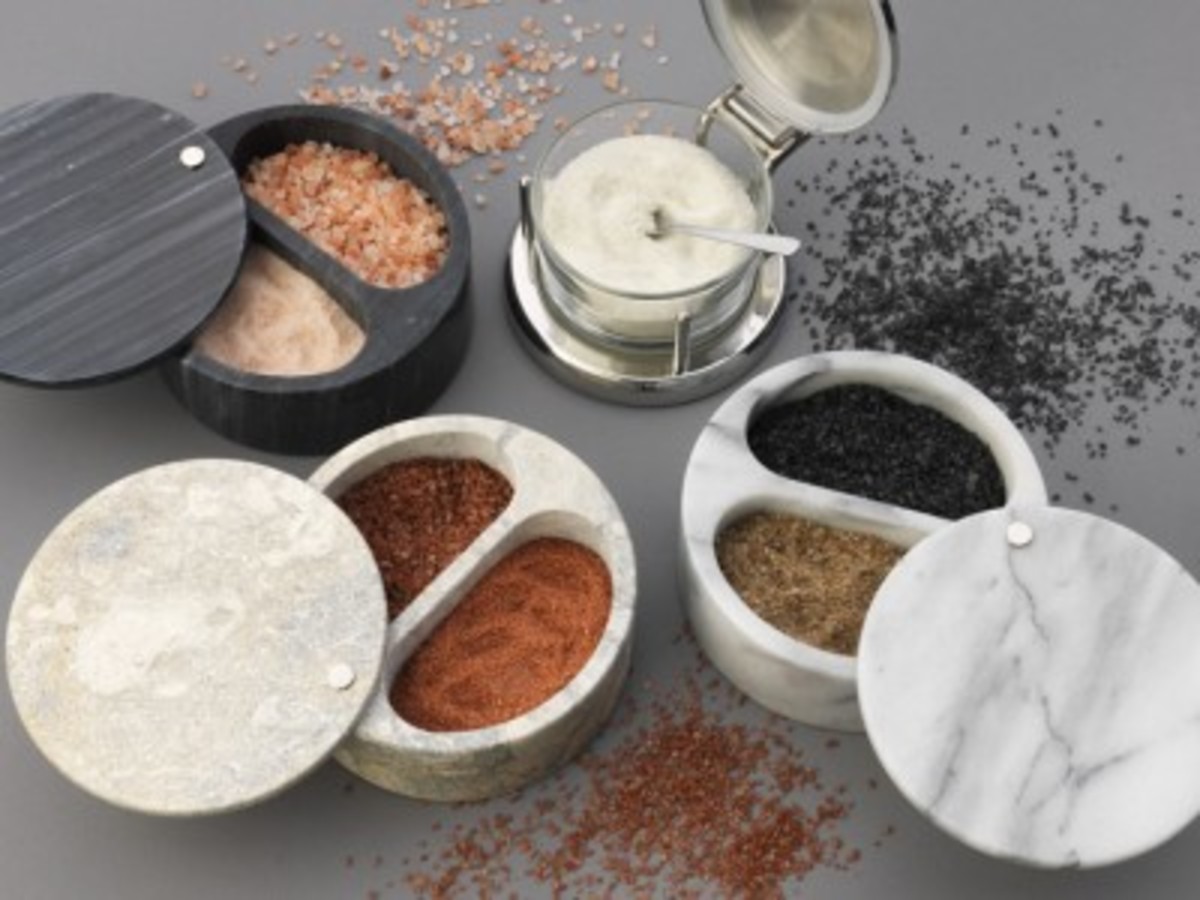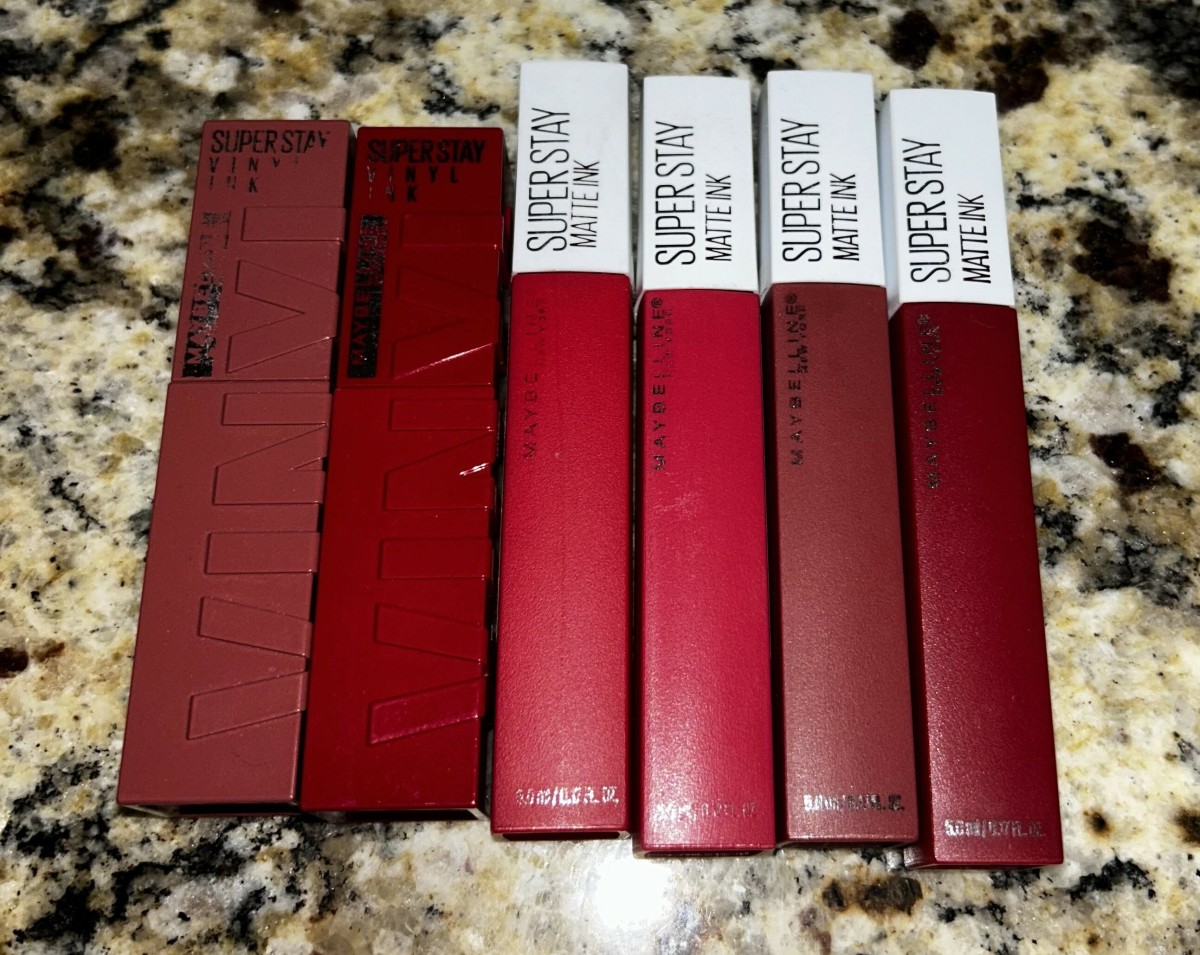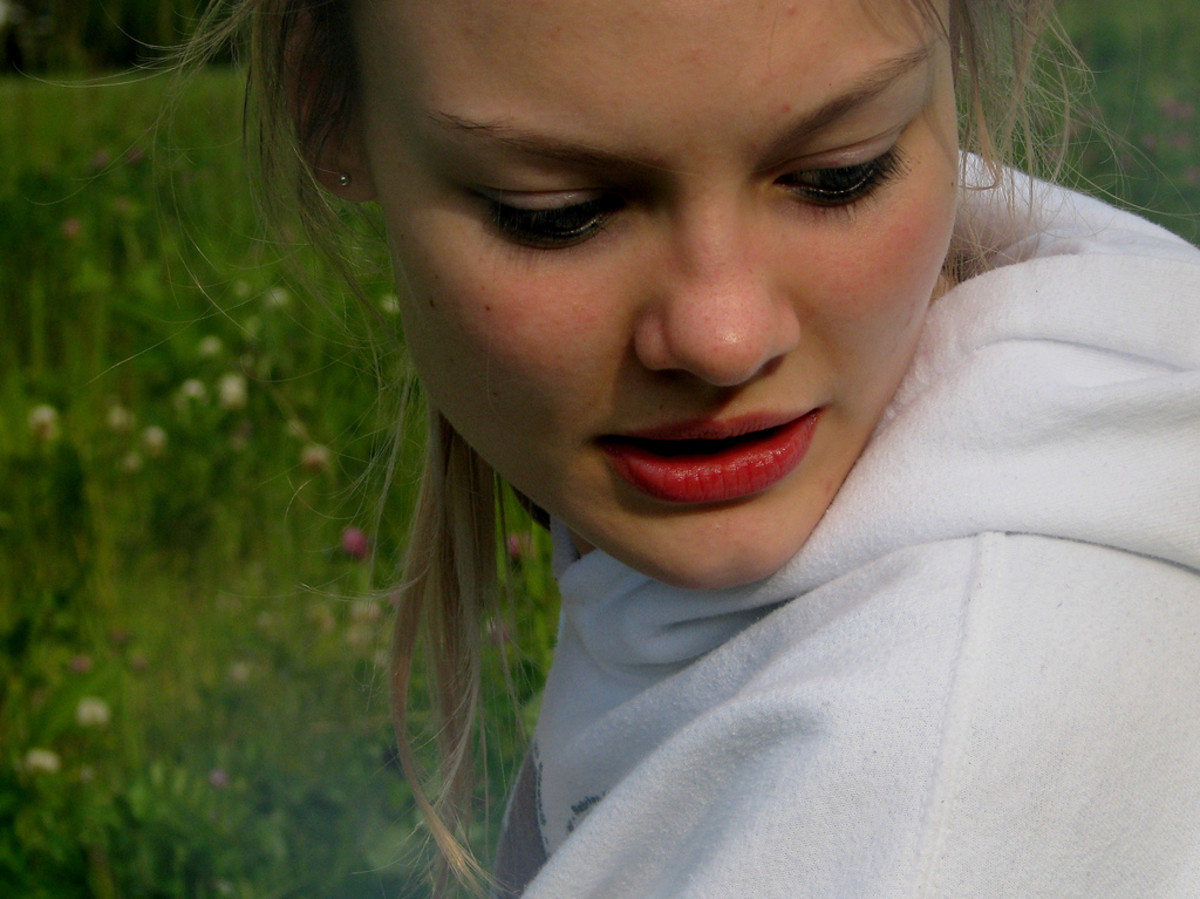Dead Sea salt cosmetics - the Dead Sea's history as a source of health & beauty treatments
Introduction to Dead Sea Salt Cosmetics
Bathing in the Dead Sea salt water is a frequent and very pleasant activity on a visit to Israel or Jordan. It's fun, it makes your skin feel good, and the scenery's amazing.
Dead Sea salts are also used frequently in cosmetics, skin lotions, skin care products, and in creams for various medical skin conditions, such as eczema or psoriasis.
But the idea of the "Dead Sea Spa" is not a new one. Far from it - for thousands of years the Dead Sea salts have been used for various beauty and cosmetic treatments and products.
This article looks at the history of the Dead Sea salt cosmetics industry, and knowledge of the Dead Sea's health properties, from the age of the Greeks, Romans, and Cleopatra to medieval times.
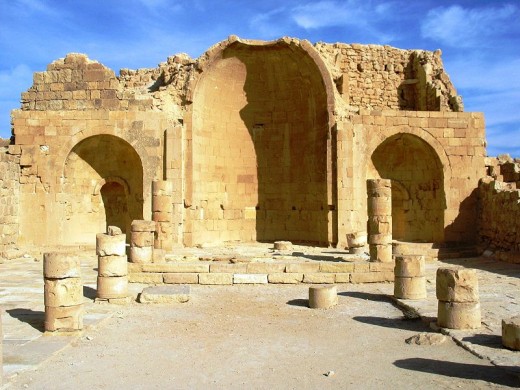
Nabataean use of the Dead Sea salt
The Nabataeans, a Semitic people who lived in Judea and the surrounding areas, first appear in the historical record in about 300 BC, fighting the Greeks.
Their capital city was in Petra, now in Jordan. They spoke Aramaic, and originally used the old Hebrew alphabet, then the Syriac alphabet, and then their own script, the Nabataean alphabet, which developed into the Arabic alphabet.
The Nabataeans made a lot of money out of trading the oil-like bitumen with Egypt, but this wasn't their sole source of income from the Dead Sea.
The Nabataeans also harvested other Dead Sea salts, and mixed them with balms including myrrh and frankincense, and sold the resulting creams.
This seems to be the earliest-known example of Dead Sea salt cosmetics (although they may also have been sold as medical lotions).
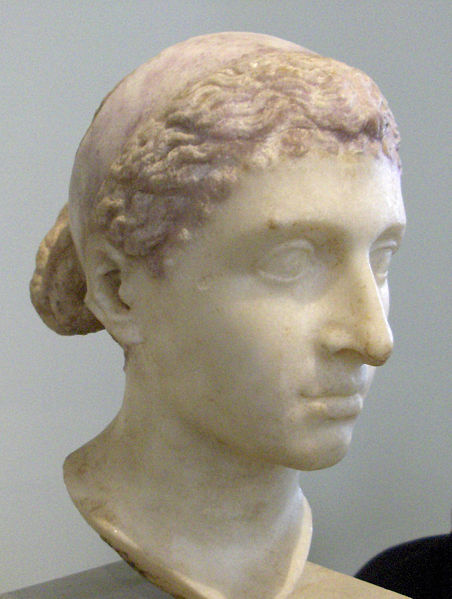
Cleopatra and the Dead Sea
Queen Cleopatra's lover, Mark Antony, supported King Herod during the Parthian Wars. In 37 BC, Herod and Mark Antony's armies captured Judea, including Jerusalem and the Dead Sea region. Herod became the puppet King of Judea.
If you look at Dead Sea salt vendors, spas, and cosmetic sellers on the internet, they pretty much all say that Cleopatra went to the Dead Sea and built her own spa there, and was an enthusiastic user of Dead sea salt cosmetics, skin creams, and lotions.
They are all a bit light on actual historical evidence, though. Cleopatra definitely funded the wars, as Mark Antony's brother-in-law in Rome, Octavius, kept promising to fund an army but never quite got round to doing it.
But in the reading I've done on the Parthain War, I've not seen any reference to Cleopatra's Dead Sea Spa.
In Plutarch's Lives, he wrote that Mark Antony sent:
Fonteius Capito to bring Cleopatra into Syria. To whom at her arrival he made no small or trifling present, Phœnicia, Cœle-Syria, Cyprus, great part of Cilicia, that side of Judæa which produces balm, that part of Arabia where the Nabathæans extend to the outer sea; profuse gifts which much displeased the Romans.
So it seems that Mark Antony "gave" the area including the Dead Sea to Cleopatra (nice gift!) but doesn't say she went there. In fact, he goes on to say that Mark Antony sent Cleopatra back to Egypt some time later, then joined her there for the winter.
It's also known that Cleopatra leased the rights to the Dead Sea salt and mineral industries back to the Nabataeans, for 200 silver talents a year (a vast sum).
Nice as it would be to think of this renowned historical beauty at the Dead Sea, until I see some historical reference, the jury's out as far as I'm concerned.

Greeks, Romans, and Dead Sea salts
Herod
King Herod the Great was very fond of the health and beauty properties of the Dead Sea. According to the Roman historian, an ex-Jew who converted, Josephus Flavius, he spent time there, and even built palaces for himself near by so as not to be short of a luxury or two when on a spa retreat.
Herod (goodness knows why he's called "the Great" as he was a murderous so-and-so) built the Second Temple in Jerusalem, and also the famous palace at Masada, overlooking the Dead Sea.
Galen
The Greek physician, Galen of Pergamum, was born in 129 AD. He wrote books which were still being used as medical textbooks and practitioners' guide 1,400 years later in European universities and cities. Some of his ideas were still being taught to medical students in Victorian times.
Fewer than 200 out of his 600-odd works survive today (a total of about 3 million words), and many of them mention the properties of Dead Sea salts and minerals.
Galen actually visited the Dead Sea, during his time in Palestine. Writing of the Dead Sea salts for health purposes, Galen said:
the most beautiful asphalt is produced in the Sea called 'Dead' ... the potency of this medicine consists in its drying and next its healing capabilities; it is indeed appropriate that people use it for closing bleeding wounds.
He also prescribed it as an ingredient in medicines taken internally (NB - don't try this at home.....)
The Dead Sea spa experience was specifically recommended by Galen to Roman soldiers serving in the region, as being good for the skin, as well as generally rejuvenating.
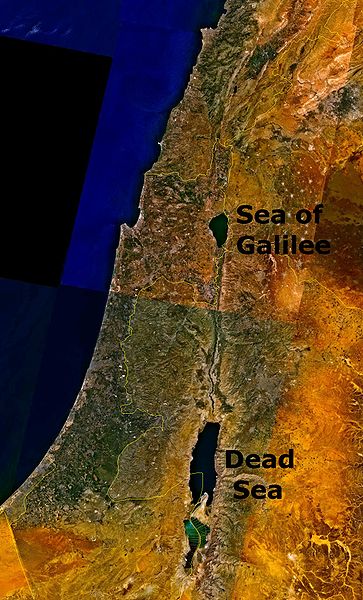
Islam and the Dead Sea
Shams-ad-Din, a Muslim writer, published a book about the geography of Palestine and its surrounds in 985 AD. Far from seeing the Dead Sea as a source of health and beauty, though, he recommended that:
those who find the Angel of Death is delayed should try the evil climate of the south end of the Dead Sea valley
On the other hand, the Islamic doctor al-Tamini wrote in praise of the health benefits of the Dead Sea in 1068 AD:
I have seen many of the sick with diverse chronic infirmities who visited this Lake, bathed in and drank from its waters, of injected it in the form of enemas and were miraculously healed.
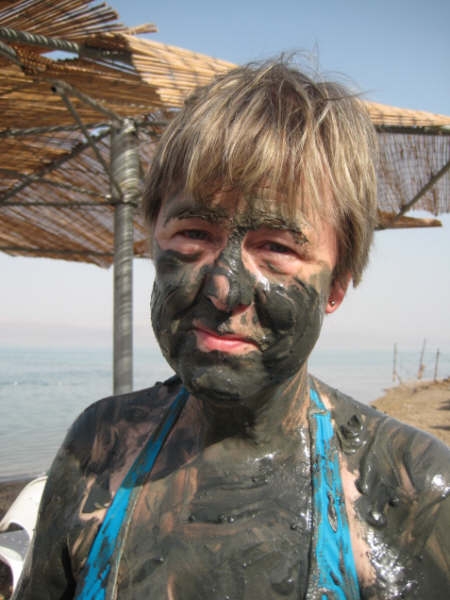
- Dead Sea myths, legends, and religious tales
A fascinating summary of Jewish and Christian myths built up around the Dead Sea salt - in particular, the on-going belief for centuries that the Biblical salt statue of Lot's wife could still be seen at the Dead Sea.
The Crusaders and the Dead Sea
The Dead Sea was part of the Kingdom of Jerusalem after the First Crusade, and there was a Crusader Castle at Karak, overlooking the Dead Sea.
Fulcher of Chartres (also known as Fulk and Fulke) who went on the First Crusade and stayed in the Kingdom of Jerusalem for decades afterwards, wrote of the Dead Sea in his book about the Crusade and the Kingdom. He went to some efforts to identify the sources of the Jordan and streams that ran into the Dead Sea, and tasted it to see if it was salty, but does not mention any health or beauty benefits.
He said of one expedition made by King Baldwin of Jerusalem:
We then came into the valley where of old time stood the guilty cities of Sodom and Gomorrah, which God destroyed in his wrath, and in which now is the Lake Asphaltides, whose waters are so bitter, that birds and other animals cannot drink of them, nor fish live in them, whence it is called the Dead Sea. i myself made trial of the bitterness of its waters, for I got down from my mule to taste them, and found them more bitter than hellebore.
That doesn't sound like much of an endorsement for the health and beauty properties of the Dead Sea, really.
In contrast, some later doctors and pharmacists in the Kingdom of Jerusalem did extol the health benefits of Dead Sea salt, and also praised the mud for improving skin quality. A Franciscan monk living in Jerusalem, Roger, was particularly keen in the 12th century.


